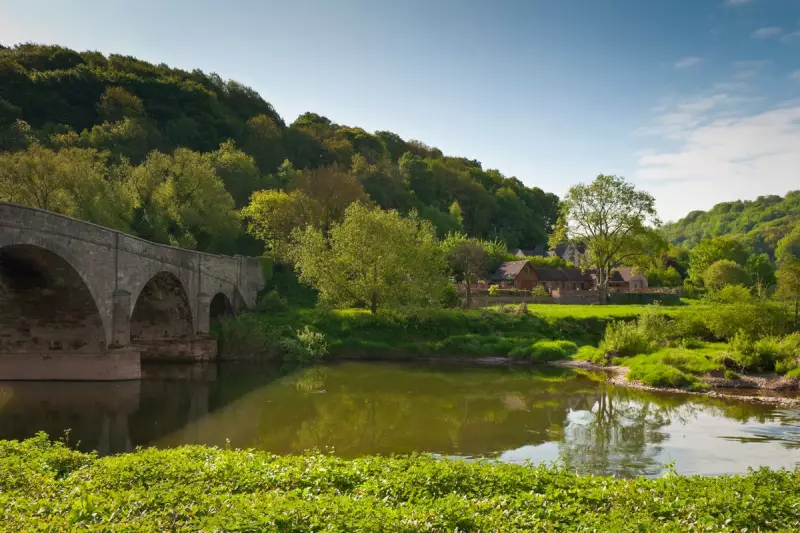
Environmental campaigners have launched a significant legal challenge against government agencies, accusing them of failing to protect one of Britain's most cherished rivers from catastrophic pollution.
The River Wye, once celebrated for its natural beauty and diverse wildlife, now faces an ecological crisis that has prompted formal legal proceedings against the Environment Agency and Natural England.
The Legal Battle Begins
Legal papers have been formally served to both government bodies, marking the start of what could become a landmark environmental case. Campaigners argue that regulatory failures have allowed the river to deteriorate to dangerous levels, with agricultural runoff from intensive poultry farming identified as a primary contributor to the problem.
Ecological Emergency
The Wye's decline has been dramatic and concerning. Once crystal-clear waters now suffer from excessive algal blooms that choke the life from the river. These blooms block sunlight from reaching river plants and deplete oxygen levels, creating dead zones where aquatic life cannot survive.
Campaigners point to specific environmental laws that they believe have been violated, including regulations designed to protect vulnerable habitats and species. The river, which flows through the picturesque Welsh borders and into England, supports numerous protected species that now face increasing threat.
Agricultural Impact
At the heart of the controversy lies the rapid expansion of intensive poultry units in the river catchment area. The resulting manure, rich in phosphates, finds its way into the water system through runoff, creating the perfect conditions for algal domination.
Local residents, anglers, and conservationists have watched with growing alarm as the river's health has deteriorated over recent years. Many have reported dramatic changes in water clarity and wildlife populations.
Government Response Under Scrutiny
The legal action represents a significant escalation in efforts to force stronger regulatory action. Campaigners maintain that previous warnings and voluntary measures have proven insufficient to reverse the damage.
This case could set an important precedent for how environmental protection laws are enforced across the UK, potentially influencing future approaches to river conservation and agricultural regulation.
As the legal process unfolds, all eyes will be on the Wye Valley, where the outcome of this battle could determine the future not just of one river, but of environmental protection standards nationwide.





